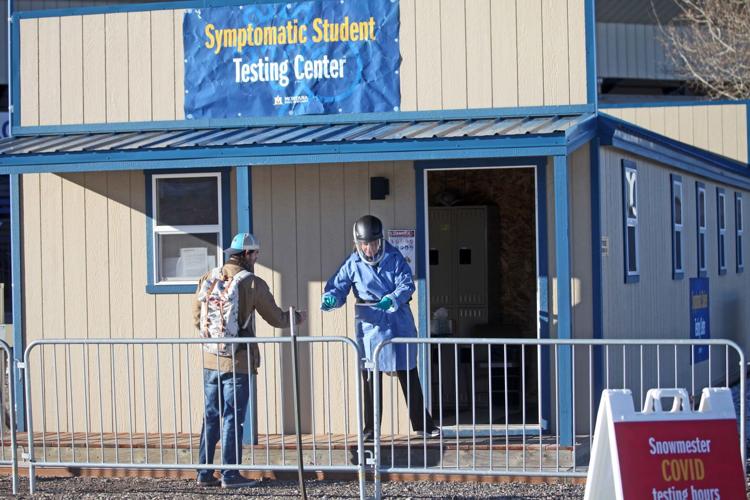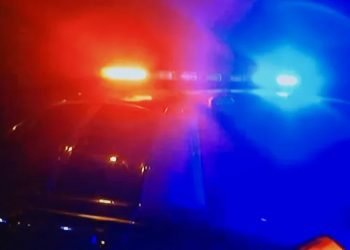BOZEMAN, Mont. – Montana State University gained approval from the Centers for Disease Control and Prevention to distribute the COVID-19 vaccine to its students.
The university has begun to make plans for its vaccine storage and distribution, but some of the details are pending as the distribution of the vaccine is dependent on federal and state supplies.
“We are planning as far ahead as we can, as it will be a complicated process to store and administer the vaccine,” said Jim Mitchell, MSU’s associate vice president for student wellness.
Approval as a vaccine provider was dependent on MSU’s access to subzero freezers for storing the Pfizer vaccine. The Pfizer doses must be stored at minus 90 degrees Fahrenheit or below and the Moderna vaccine must be stored at minus 4 degrees or below.
In an interview with the Chronicle earlier this month, Mitchell said the university was planning to repurpose the specialized freezers many researchers use for its vaccine storage.
The university also had to demonstrate it had a backup electrical source for the freezers.
In Monday’s news release, Mitchell said the backup electrical system will be in place this week, and the freezers will be operational well before the university receives its vaccines.
Mitchell stressed the importance of continuing to wear masks and socially distance, as thousands of people are dying every day across the country and the health care system is stressed.
“Just because vaccines are on the way is no reason for us to let up on our discipline… There is certainly a light at the end of the tunnel, but the tunnel is still very long,” he said in a statement.
The university’s announcement came a day after six Bozeman Health employees were among the first Montanans to receive the coronavirus vaccine. The first shipment of doses arrived in the state Monday morning.
Montana is scheduled to receive 9,750 doses of the Pfizer vaccine this month.
In the earlier interview, Mitchell said students with vulnerable medical conditions would likely be the first to be vaccinated among its student population, after health care workers.
He also said with medical staff already stretched thin, the university was considering hiring nursing students to help administer the vaccine.
MSU plans to continue testing only symptomatic students when it returns for the spring semester on Jan. 11.
The university reported 1,376 related cases of the virus from its fall semester, making it one of 85 colleges in the nation that have reported at least 1,000 cases, according to a New York Times database.












